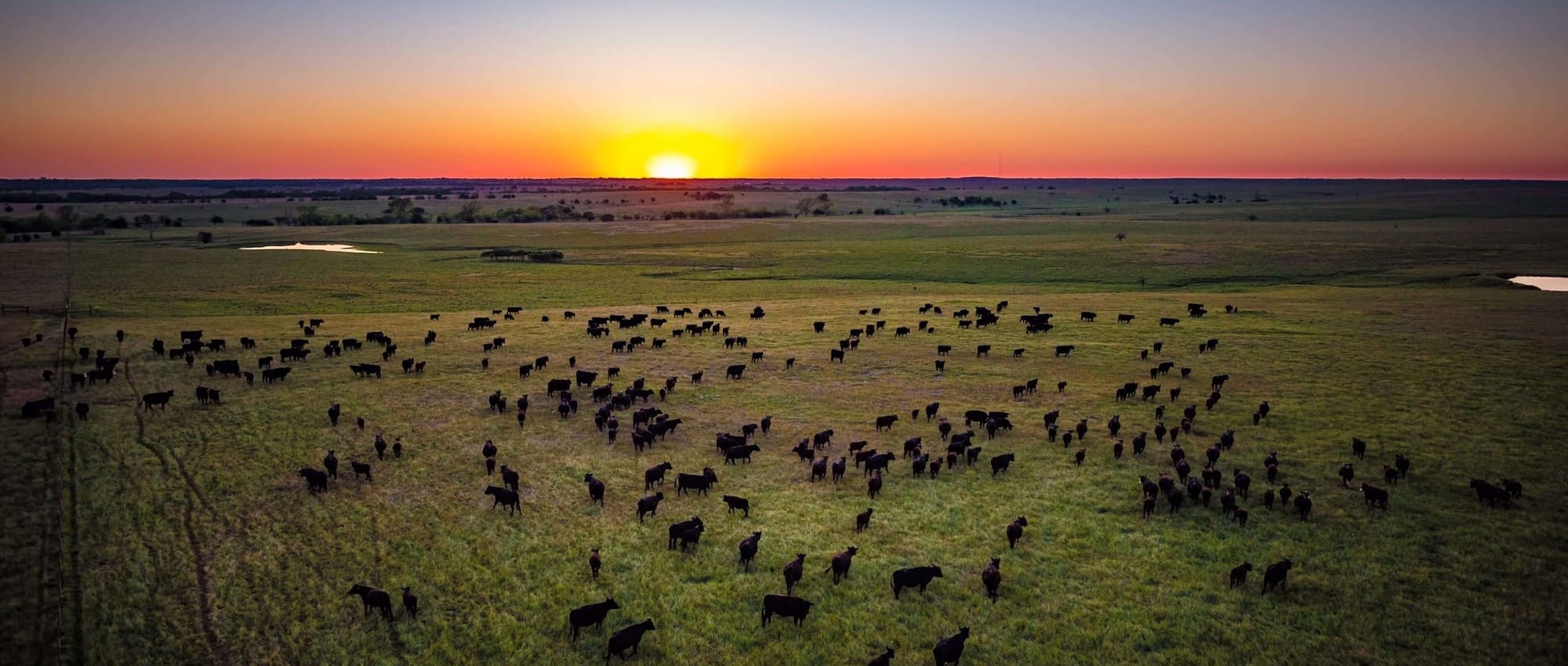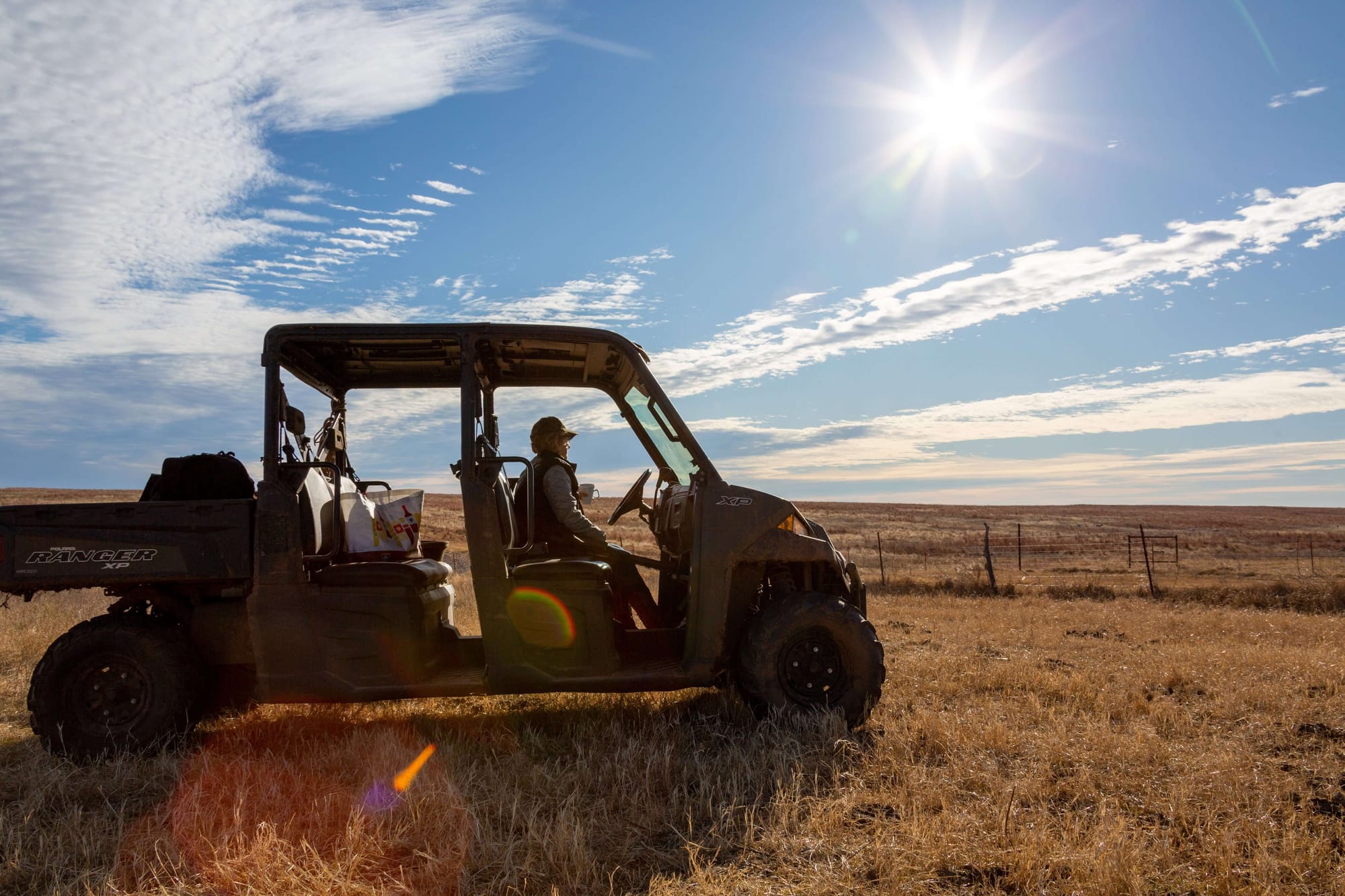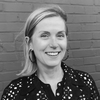
An official Oklahoman since 1984, this East Coast transplant is as bold a gap-stander as ever there was, whether in her business ventures, philanthropy or day-to-day life. What does that mean, exactly? For Bergen, it’s simple: If she sees a challenge and has the resources or knowledge to do something about it, she does. That’s logical to her. She is wildly adept at offering a resource and allowing people to move from problem to solution. She’s that rare leader who sees the big picture, yet also has the capacity to drill down onto the details and solve problems intelligently and efficiently.
Here’s a classic example: Bergen noticed a friend wasn’t quite her usual self. She asked why, and it turned out that the friend wasn’t eating well — she was working a lot and making dinner was more than she wanted to deal with, so she was defaulting to less-healthy options. Bergen’s prescription: Plant three kale plants and boil a dozen eggs at the beginning of each week. “That way, she could make kale and hard-boiled egg salads each night,” Bergen says. “She was like, ‘You can’t believe how much kale comes off these three plants! I’ve been giving some to my neighbor.’ I’m like, that’s the point. One would be fine for you, but three gives you abundance.”

Another example? Her involvement in OKC SHINE Community Gardens. “I’m still growing the majority of my own food on my little piece of property in Norman … I believe there’s so much dignity in growing your own food, and I know that people really flourish eating good food. That has made [Oklahoma County Commissioner for District 2] Brian Maughan and the SHINE project in Oklahoma County even more meaningful, because we know that people really do like quality food. The reason people don’t like turnips is because they’re grown poorly, they’re packaged poorly, they’re stored poorly. But turnips grown in nutrient-rich soil are really tasty.” So committed is Bergen to the power of community gardening that, she says, “I took a tractor all through Oklahoma City and did gardens just down the middle of the medians.”


Planting community gardens in food deserts is classic Bergen. Creating abundance out of what could easily be dismissed as waste or rubbish is, too, and it’s a big part of Bergen Enterprises, the group of companies she oversees as CEO. One of those, Eco Wood Solutions, creates a positive reuse for wood refuse like construction debris, pallets and crates. Through a certified process, it’s turned into materials safe for use in landscaping and playgrounds. Another, Prairie Dirt Solutions, recycles landscaping materials by diverting waste from landfills and making it into compost, which is used in industrial, commercial and agricultural applications. Yet another, Maysville Grain, offers safe chemicals to be used judiciously.
Last year, Bergen was honored by the Oklahoma Department of Wildlife Conservation as its 2023 Landowner Conservationist of the Year. She’s transformed the way her family business manages its land and cattle division. It has 12,777 acres of tallgrass and mixed-grass prairie land spread over three tracts in parts of Cleveland, Johnston, McClain and Pontotoc counties which had historically been managed conventionally, meaning with continuous grazing and using herbicides. In 2012, Bergen began using restorative grazing techniques to bolster plant and habitat diversity, eliminate the use of pesticides and improve the structure and moisture retention of the soil.
Becoming a leader in sustainable agriculture may seem an improbable journey for Susan from Boston, but really it wasn’t such a stretch. Her family grew their own vegetables and fresh flowers year-round, even keeping a green house to extend the short New England growing season. “I was raised in a house built in 1740. My mother was a conservationist and very engaged in soil and growing and gardening. And my dad was an industrialist. He had factories. So I’m an industrial conservationist,” she says.
Bergen made her way to Oklahoma in a roundabout way, as many do. She attended Boston College in the mid-1970s. This was on the heels of the OPEC oil embargo, which was really what drove Bergen west. “On the East Coast, you have a tank in your basement, and you fill it with heating oil,” she says. With oil scarce and winters brutally cold, Bergen didn’t relish the idea of shivering her way through another snowy season. “So I looked around the map and decided I’d go to Phoenix, where it was warm.” From Phoenix, Bergen was transferred to Las Vegas, where she managed a group of stores for a formal wear company. While there, she was offered a job as a broker with an Oklahoma City-based stock brokerage firm, Adams James Foor & Co. “Being a stockbroker is a wonderful job,” Bergen says.
She’d landed in Oklahoma City during the razzle-dazzle pre-oil-bust days of the early 1980s. For those too young to have experienced the ’80s in Oklahoma City, they were the best of times … and then they were the worst of times. During the oil boom, the ’80s were among the most prosperous years in the 20th century; after the bust, Oklahoma’s depressed economy was rivaled only by the Dust Bowl.
But in the first couple of years Bergen after arrived, it was a heady time. Like many up-and-coming young professionals, she found herself enjoying happy hours at The Brigadoon Supper Club. “I met my husband there,” she says. Taken with his sense of humor, Bergen accepted a date. “We went for dinner one night to Juniors, and I saw and heard things there that I’d never seen or heard before.”
She and Floyd Bergen began dating; and of course she was transferred. “[The company] sent me to Dallas to operate a remote location and do limited partnerships in Texas, and we dated back and forth and married in ’84, so in that’s when I became an Oklahoman because that cowboy looked like a lot of fun! And I say this every time I speak, but I really did not know what I was getting into.” For one thing, she became a peach farmer. Before that, though, she and Floyd, as she puts it, “rocked along. He had his two children, and we had children and we adopted children.”
Then, in 2000, Floyd Bergen planted 9,000 peach trees on the Gerty Sand Aquifer in Stratford, Oklahoma. By 2003, the property, Peach Crest Farms, was producing well. “I took over the production of that operation, and quickly could see that people enjoyed high quality food,” Bergen says. She and the kids set up peach stands, and “We just sold a lot of peaches. So that evolved into, well, what else could we sell?” Peaches soon led to tomatoes, cucumbers and watermelons.
A natural entrepreneur and a self-described “highly competitive East Coast person,” she went from her produce stands into selling to large grocery chains like Whole Foods, Walmart and Homeland, and then into working with the state’s department of agriculture. “I decided that that we would put high quality food into 450 public schools in the state of Oklahoma. We were the largest Farm to School farm in the United States, and it was all certified organic.” She learned a great deal about distribution on such a large scale thanks in part to her relationships with the large retailers and the educational offerings afforded to their growers.
Peach Crest Ranch, the cattle-producing branch of the Peach Tree operation, offers “local, prairie-raised, grass-fed, antibiotic-free, hormone-free and minimally processed beef to the discerning consumer.” It proudly bears the seal of Animal Welfare Approved, certifying that the Bergens are ranchers with the highest integrity for humane and sustainable ranching practices. As she told Oklahoma Magazine in 2018, “We believe that the animals need to be in the open prairie, the way nature intended. We believe in land preservation, never pillaging more than the soil can bear and always working to put back into it more than is taken out of it.”
Bergen plays a long game. “In a lot of the conversations that I have with people, it’s about ‘How can we be thinking about what it’s going to be like in 70 years?’ In 70 years, if we’re not replenishing our aquifer, we’re going to have depleted it, and it will be gone. If I’m not teaching my children how to grow a vegetable garden, then the next ones are sure not going to be growing.”
To her, doing good business means being focused on “people, planet, profit,” in that order, and you better believe she’s just getting started.

